Last week I joined my friend Michael Beadle to present a few of our poems to a recently formed group concerned with the relation of art to faith. Called “ArtGroup,” it is being cultivated by Luke Allsbrook, a local painter. We presented only a few of our poems, doing each one twice in order to let them settle in. People either reflected on them directly or linked them to other writers or to possible Biblical and religious references.
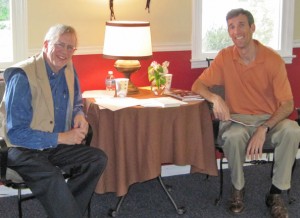 The reception and conversation increased my awareness that poetic form opens up a distinctly different way of hearing and internalizing what we might call “concerns of the spirit.” It is a way of breaking open the prosaic forms of ordinary life to whatever transcendence might be glimmering in the subject of our attention. Having spent my career using words that strive to exclude alternative, unintended meanings, I now engage in words that seek to open up the unintended and unexpected. In law and ethics we seek precise exclusionary meanings – the “bright lines” that lawyers speak of. But in poetic language we seek a bright line that is indeed brilliant like a laser but also far-ranging and multi-spectrum in its illuminating power. We need both kinds of language, not merely as separate faculties but as ways of knowing that interrogate each other. They force us to be precise and specific but also evocative, emotional, and associative. It’s stereoscopic rather than merely bifocal.
The reception and conversation increased my awareness that poetic form opens up a distinctly different way of hearing and internalizing what we might call “concerns of the spirit.” It is a way of breaking open the prosaic forms of ordinary life to whatever transcendence might be glimmering in the subject of our attention. Having spent my career using words that strive to exclude alternative, unintended meanings, I now engage in words that seek to open up the unintended and unexpected. In law and ethics we seek precise exclusionary meanings – the “bright lines” that lawyers speak of. But in poetic language we seek a bright line that is indeed brilliant like a laser but also far-ranging and multi-spectrum in its illuminating power. We need both kinds of language, not merely as separate faculties but as ways of knowing that interrogate each other. They force us to be precise and specific but also evocative, emotional, and associative. It’s stereoscopic rather than merely bifocal.
In our time together, Michael’s own theatrical performance of his poems reminded me that the poem demands spoken performance. There is a power in speech that cannot be conveyed on the page. That is why vows are spoken and songs are sung. Much of the poetry I encounter is written solely for the page and has lost its connection with song and theater. That is one reason why most of it is dry, dead, and dreary. Indeed, in the word is life, and I mean the spoken word. That is why sacred scriptures are to be spoken in a performative way. Otherwise, you can stay at home, losing the power of the communal reception of these words.
Over Easter weekend Sylvia and I were in Winston-Salem for a Poet’s Gathering sponsored by Press 53. I was stimulated by the workshops of NC Poets Laureate Fred Chappell and Cathy Smith Bowers as well as by conversations with other fine poets. Their suggestions and insights helped me fine-tune some of my poems, giving encouragement without lowering the expectations of perfection.
Being in Winston-Salem gave us a chance to wander through the village, now a neighborhood, of Old Salem, breathing the old Moravian atmosphere of earnest industry, simple evangelical piety, and German immigrant culture. People were in the cemetery washing the identical tombstones, arranged in order of death, males in one section, females in another. It’s not my theology, but their ritual manifested a respect for the continuities that give our lives meaning and coherence.
Being in the heart of this Moravian heritage was important for us, since it was the Moravians who sent missions to the Cherokee as well as to South Africa (Wuppertal, Gnadendal). It was because of them that generations of people overrun by our European forebears gained an education crucial to their survival. Indeed, Nelson Mandela renamed the Executive Mansion in Cape Town “Gnadendal” (Valley of Grace) in honor of their work. It’s their story which intertwines with the one I told in Red Clay, Blood River.
If there is a theme to these activities and reflections it is that they emphasize how important our words are to communal memory and aspiration. And in order to exercise that important role, they must be poetic, melding emotion and intellect. Lifting up that work and resisting the reduction of our words to the banal, the one-dimensional, and the trivial is crucial to the flourishing of our public life.

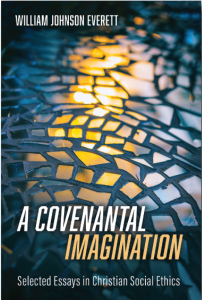
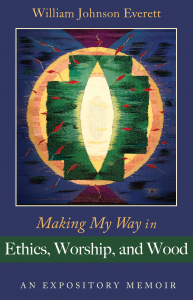
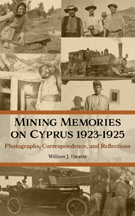
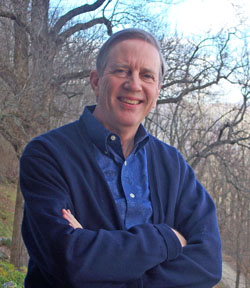
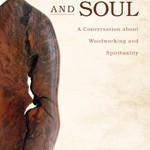
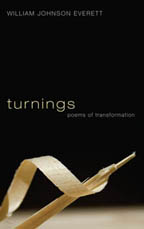
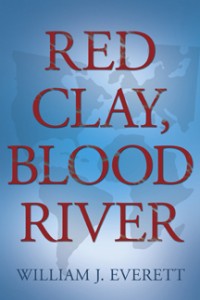 Red Clay, Blood River
Red Clay, Blood River
Thanks, Thomas, for fleshing out the theological dimension of these reflections. And of course there are the natural affinity of spoken word to song, which you know so well. So Word in flesh is also Song. Much more to be said on these matters!
As I read your comments about poetry and the need to hear it recited by the poet in the presence of the poet, I was drawn to the Johannine declaration: “The Word became flesh.”
What a tragedy that the Word has often been reduced to prosaic words in many Protestant traditions leaving no room for imagination!
Yet when I read the hymns and the poems, the Word (though turned into words) offers me rich possibilities for imagination.
But when I stand in the midst of a community that sings the hymns, listens to the word read out, or sees and hears the poet burst into poetry, the Word becomes flesh again!